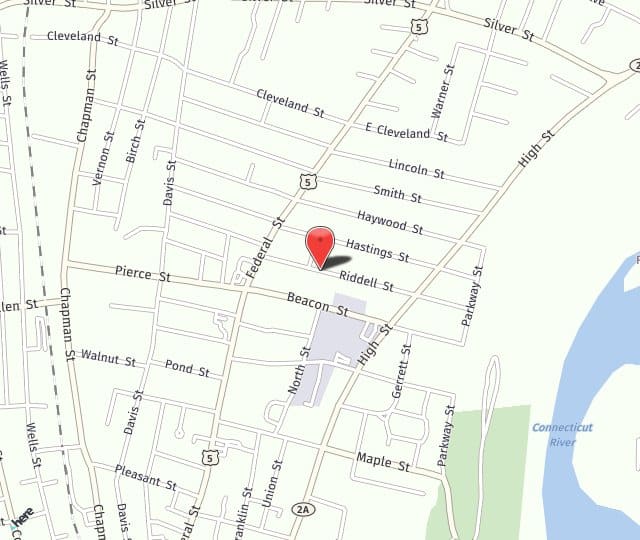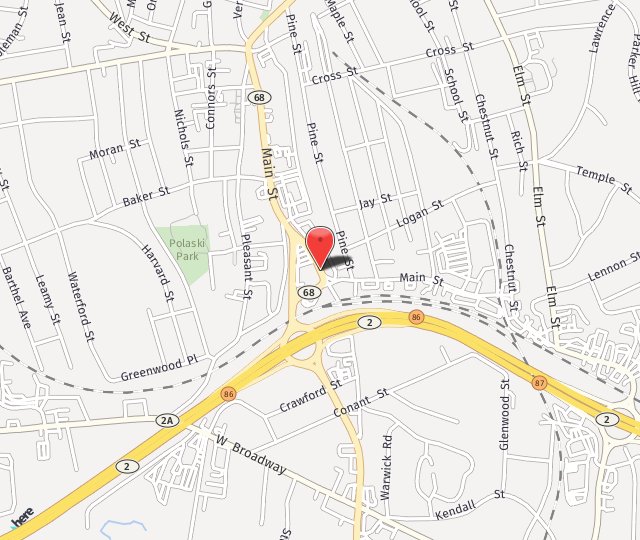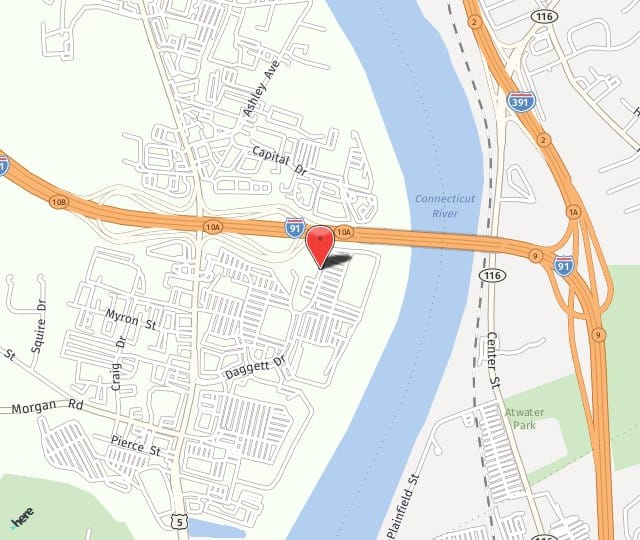
Different Tests For Different Folks
Because there are different stages of glaucoma, we use different tests to help diagnose it. The different tests that we perform include:
- Optical Coherence Tomogrpahy (OCT): This test measures the thickness of the optic fiber nerves.
- Visual Field Test (VF): This test measures the sensitivity of light seen in the peripheral vision which is one of the keys in finding glaucoma as it advances.
- VEp or ERG: This is the latest form of testing that’s now available at our office and it measures the electrical signals from the optic nerve or retina to detect abnormalities.
Just like with all tests, you can have false positives, false negatives, and a lot of variability. The only way for us to be able to tell if your glaucoma is getting worse is to do tests multiple times which will help us develop a “rate of progression” so that we know just how aggressively we should attack your glaucoma.
How to Tell If You need Testing?
If you are exhibiting signs of glaucoma or if you have a family history of glaucoma, then we will schedule some testing for you; that way, we can catch it before it gets worse.
Are you ready to learn more about glaucoma? If so, contact us at our Fitchburg office today and call us at (978) 342-8752.




